BITS BLOG
Do I Need an In-House Security Expert or a Third-Party Information Security Advisor?
How to choose the right cybersecurity leadership model for your business.
As cybersecurity threats grow in frequency and complexity, many business leaders are asking:
“Should we hire a full-time security expert or bring in a third-party trusted information security advisor?”
This is one of the most commonly searched questions in cybersecurity today, and for good reason. Whether you’re navigating compliance requirements, securing sensitive data, or trying to stay ahead of ransomware attacks, you need leadership. But what kind?
Let’s break down the pros, cons, and cost factors of each option, and help you make the right decision for your business.
What Is a Designated Information Security Expert?
An in-house information security expert (commonly called a CISO, or Chief Information Security Officer) is a senior-level employee responsible for:
- Leading the organization’s cybersecurity strategy
- Managing risk assessments and audits
- Overseeing incident response
- Reporting security posture to the board or executives
They typically work full-time, own internal policies, and coordinate with IT, legal, HR, and compliance departments.
Pros:
- Deep internal knowledge of your environment
- Fully integrated with your team and culture
- Available in real-time for strategic decisions
Cons:
- Expensive (typical CISO salary = $150K–$250K+)
- Hard to find and retain qualified talent
- May be underutilized in smaller organizations
What Is a Third-Party Trusted Information Security Advisor?
A fractional CISO or vCISO (virtual CISO) is an external cybersecurity expert who provides strategic security leadership on a part-time or retainer basis. This model is often used by small and mid-sized businesses (SMBs) or MSPs that need expert guidance but not a full-time hire.
At BITS Cyber, for example, our vCISO services help companies align with NIST, HIPAA, PCI DSS, and CMMC frameworks, without the cost of staffing a full-time executive.
Pros:
- Cost-effective (pay only for what you need)
- Brings broad industry experience across multiple clients
- Ideal for compliance preparation, board reporting, and security planning
- Easily scalable based on your business needs
Cons:
- May require coordination with internal IT for execution
- Not always onsite (though most work is virtual anyway)
Which Option Is Right for Your Business?
Consider an in-house security expert if:
- You’re a large organization with dedicated IT, legal, and compliance teams
- Cybersecurity is a competitive differentiator (e.g., fintech, defense contracting)
- You need real-time executive-level security leadership daily
Consider a third-party trusted advisor if:
- You’re a small to mid-sized business or growing MSP
- You want to meet security and compliance requirements efficiently
- You need expert guidance for risk assessments, policies, or audits
- You want to reduce cost without sacrificing quality
SEO-Optimized Takeaways
- Do small businesses need a CISO? Not always, many use a virtual or fractional CISO instead.
- What does a vCISO do? They provide strategic security guidance, help with compliance, and manage risk assessments.
- How much does a cybersecurity advisor cost? vCISOs typically charge between $200–$350/hour or offer monthly retainers.
- Is outsourcing cybersecurity leadership effective? Yes, especially for regulated industries or budget-conscious teams.
- What’s the difference between an in-house CISO and a vCISO? In-house is full-time and embedded; vCISO is flexible, external, and advisory-driven.
Final Thought
Security is no longer optional, and neither is leadership.
Whether you build in-house or bring in outside help, what matters most is having someone accountable for aligning cybersecurity with your business goals.
At
BITS Cyber, we help businesses reduce risk, meet compliance, and scale securely, through practical, business-first cybersecurity leadership.
